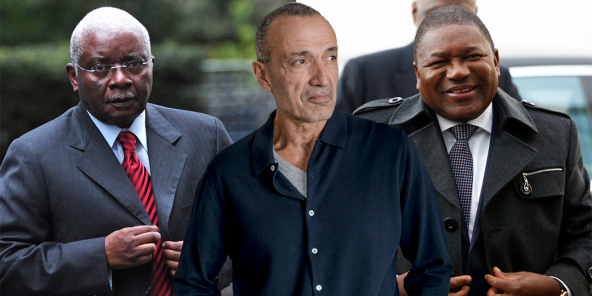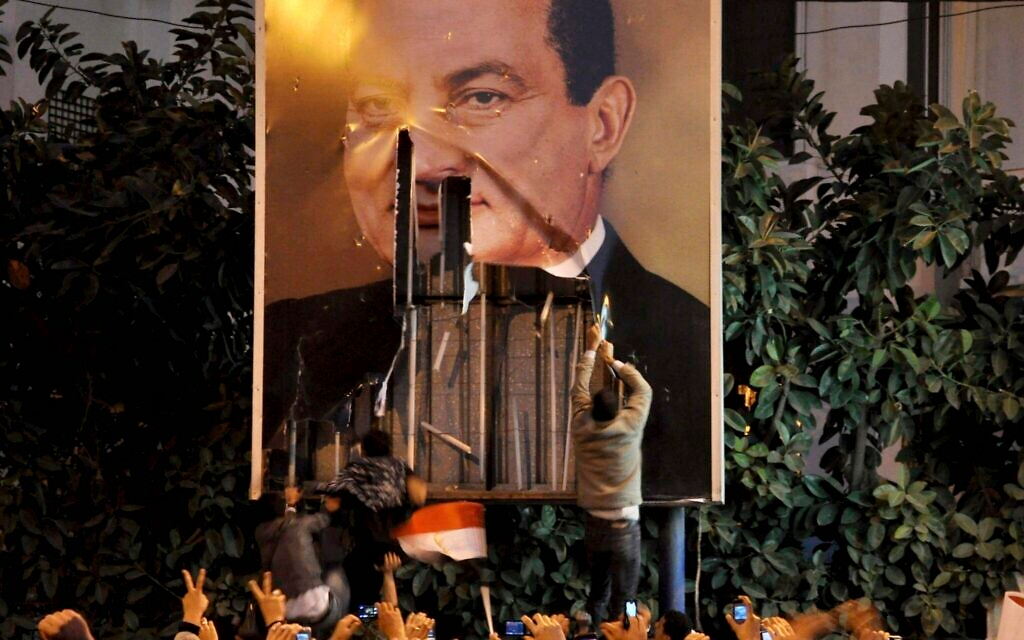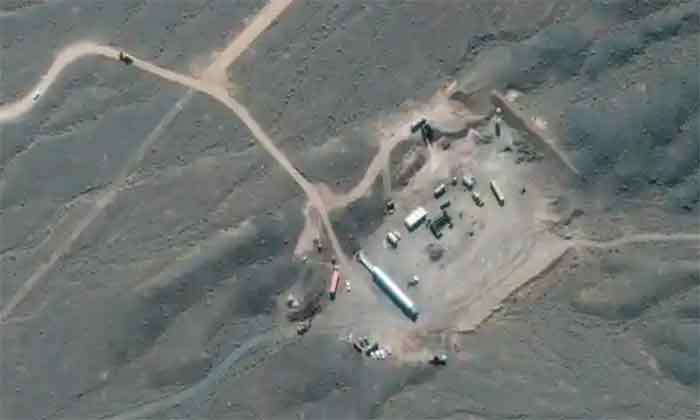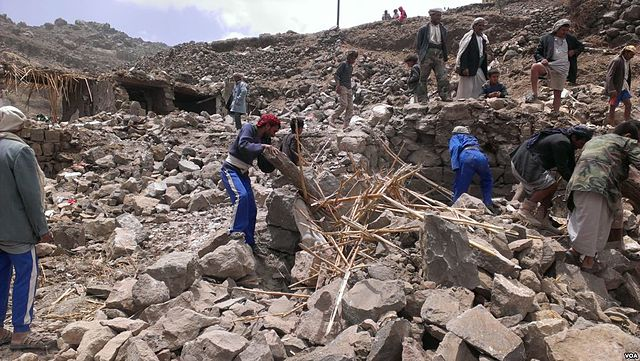GREECE-TURKE
In the first visit by a Greek minister in over two years, Foreign Minister Nikos Dendias arrived in Ankara this week for talks with his Turkish counterpart Mevlut Cavusoglu. They discussed contentious issues dividing the NATO allies, including Cyprus and their maritime dispute. Crisis Group expert Berkay Mandıracı says while Dendias invited Cavusoglu for a follow-on meeting in Athens and the pair discussed possible talks on confidence building measures, a heated press conference descended into a war of words. The episode increases the risk of talks derailing, strengthens hardliners on both sides who oppose talks, and sours the mood ahead of difficult Cyprus talks later this month.
SOMALIA
The lower house of parliament on Monday extended by up to two years President Farmajo’s four-year term, which expired in February, triggering one of Somalia’s worst political crises in years. International partners, including the UN, U.S. and EU, condemned the extension. Crisis Group expert Murithi Mutiga says the decision will deepen political polarisation and could have serious repercussions on the security front, amid signs of splintering among the security forces. Al-Shabaab’s long-running insurgency stands to benefit the most, particularly if Somali elites cannot quickly find a way to defuse tensions.





